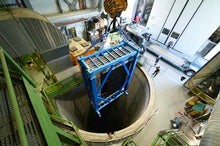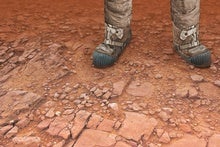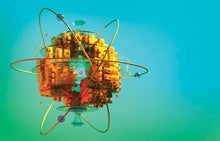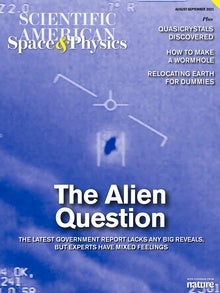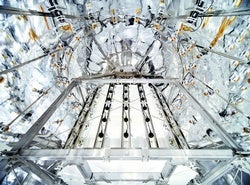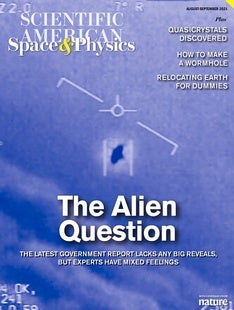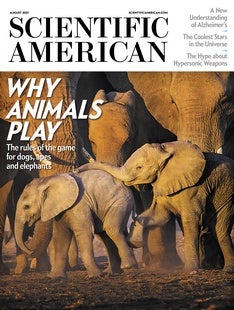 |
| August 12, 2021 |
Dear Reader,
This week, we're rocking out. Last Friday, NASA's Perseverance Mars rover set space scientists on edge when it failed to drilled its first-ever rock sample. If the failure had been due to some fatal flaw in the rover's hardware, it could have scuttled the entire multinational, multibillion-dollar effort to someday return Perseverance's hoped-for treasure trove of Martian materials to Earth. Instead, however, the flaw turned out to be with the rock itself, which apparently crumbled to dust before it could be stored. That whooshing sound you might hear is a sigh of relief from Mars-focused researchers around the globe. Elsewhere, we have stories about new particle physics discoveries, bumper crops of black holes, math's troubling patriarchal past and more. Enjoy! |
| |
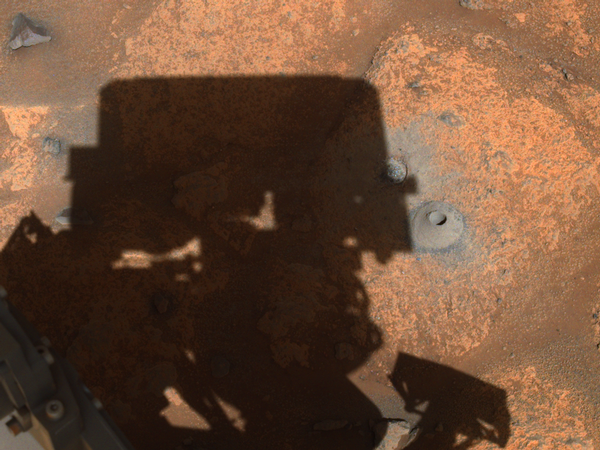 |
| |
| |
| |
| |
| |
| |
| |
| |
FROM THE STORE
 | | | |
| |
| |
FROM THE ARCHIVE
 | | Dark Matter's Last Stand A new experiment could catch invisible particles that previous detectors have not By Clara Moskowitz | April 2021 | | |
LATEST ISSUES
 |
| |
| Questions? Comments?  | |
| Download the Scientific American App |
| |
| |




